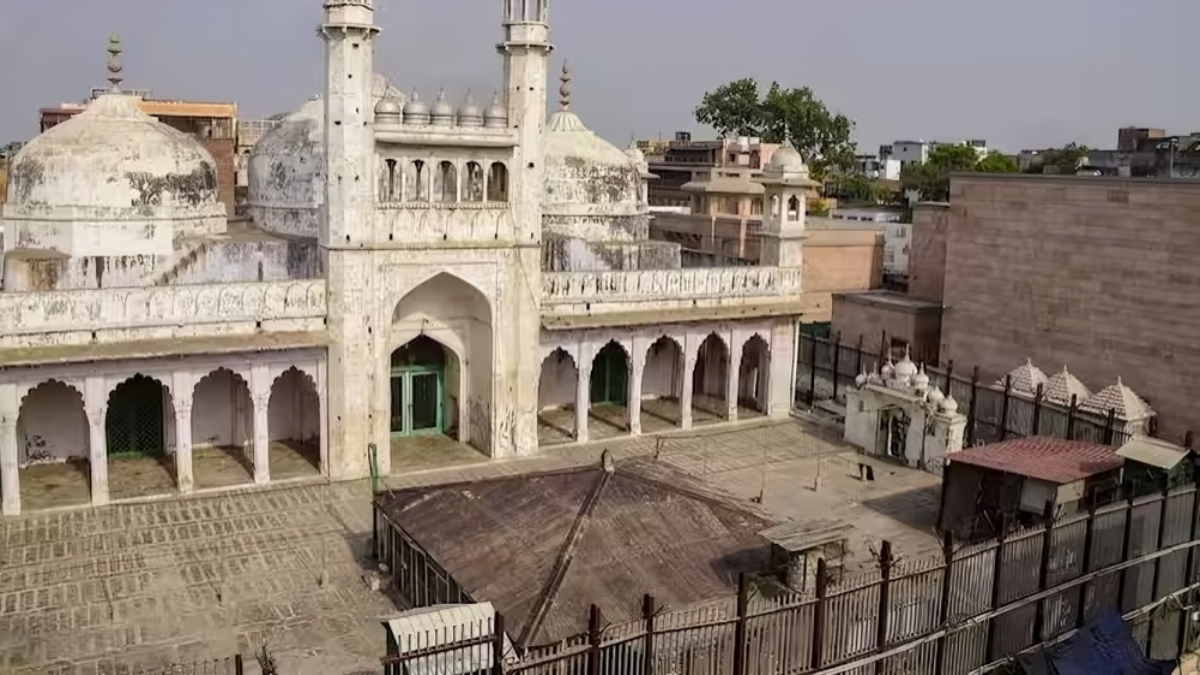The Hindu party has also made a plea for the unlocking of all 10 tehkhanas within the Gyanvapi compound for a comprehensive examination. Today, the Supreme Court will also consider the arguments presented on this issue.
The Supreme Court of India is scheduled to hear today the plea from the Hindu side, requesting a scientific survey to determine the age of the ‘Shivaling’ discovered in the Gyanvapi compound. The Varanasi District Court has granted permission for rituals to be conducted in the Vyasa tehkhana of the Gyanvapi Mosque, which has led to objections from the Muslim side regarding the interference of the higher court. It is important to note that the Hindu side has filed a petition in the Supreme Court, seeking a scientific survey to establish the antiquity of the ‘Shivaling’. The Muslim side argues that the structure is not a Shivalinga but rather a fountain.
In addition to this, the Hindu side has also requested the opening of all 10 tehkhanas in the Gyanvapi compound for a survey. The Supreme Court will also hear arguments on this matter today. Furthermore, the court will examine the admissibility of the petition filed by the Muslim side regarding the rights to perform rituals and worship of deities like Shringar Gauri within the Gyanvapi compound, asserting that such a plea is not permissible under the Places of Worship Act.
Prior to this, the Varanasi District Court had granted permission for rituals and worship to take place in the meditation cell of the Gyanvapi compound. As a result, worship commenced, attracting a significant number of people who came to witness it. On January 31, the district court issued orders allowing Hindu devotees to perform rituals and worship in the meditation cell of the Gyanvapi Mosque. The court had instructed the district administration to make the necessary arrangements within the next seven days.
The Anjuman Intezamia Masjid’s management committee, responsible for overseeing the Gyanvapi Mosque, has contested the legality of the Varanasi District Court’s order in the Allahabad High Court. However, the High Court has dismissed the mosque committee’s plea against the order, denying immediate relief. The next hearing regarding this matter is scheduled for February 6. It is worth noting that the court did not issue any order to restrict worship in the meditation cell.
According to the All India Muslim Personal Law Board (AIMPLB), the Varanasi District Court’s decision to allow worship in the meditation cell of the Gyanvapi Mosque is considered a ‘rushed’ judgment. The Muslim side has expressed their intention to approach the Supreme Court in order to seek justice. Muslim organizations have also proposed the implementation of the Places of Worship Act, 1991, to prevent conflicts arising from such disputes in the country.

